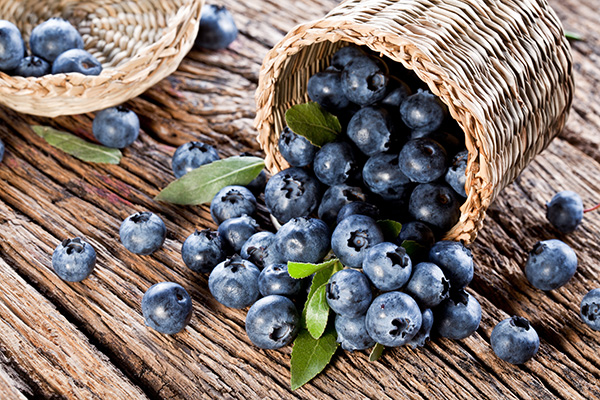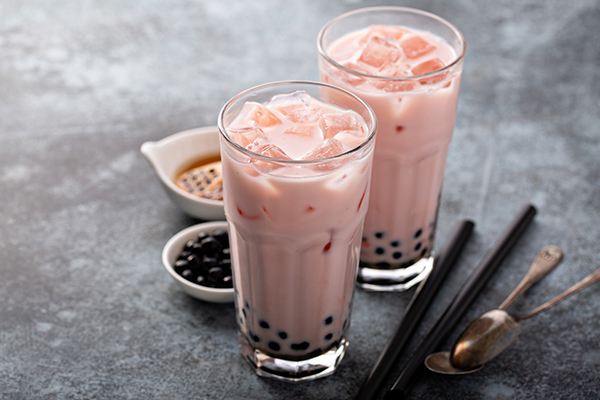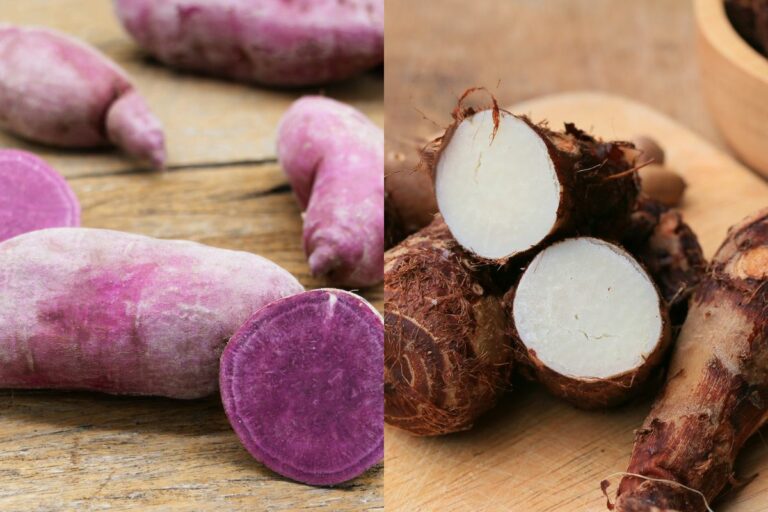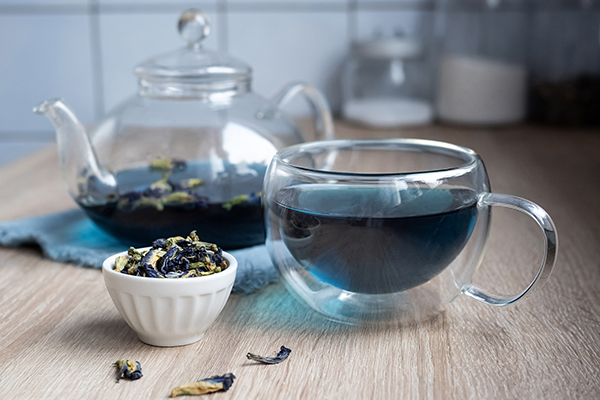Bilberry Tea: Benefits, Side Effects, and How to Make It
Bilberry tea is an herbal infusion made from the leaves and fruits of the bilberry plant, scientifically known as Vaccinium myrtillus. It’s a cousin to the blueberry and cranberry, hailing from Northern Europe. Its rich, unique flavor, and potential health benefits have made it popular among tea enthusiasts and health-conscious individuals alike.

Potential Health Benefits of Bilberry Tea
Bilberry tea isn’t just a flavorful beverage—it’s packed with potential health benefits.
Rich in Antioxidants
Bilberries are renowned for their high antioxidant content, particularly anthocyanins. These potent compounds can help fight off harmful free radicals in the body, potentially reducing the risk of chronic diseases like heart disease and cancer.
Supports Eye Health
Bilberries have long been associated with improved eye health. They contain nutrients that could potentially enhance night vision, reduce eye strain, and maintain overall eye health. This is thought to be due to the anthocyanins present in the berries, which are believed to aid the regeneration of crucial pigments that help the eyes adapt to light changes and maintain optimal vision.
Goji Berry, Ginkgo Biloba, and Eyebright are among other teas that can promote better eye health.
Potential Anti-Inflammatory Properties
Some research suggests that bilberry extract may have anti-inflammatory properties. This could potentially help in managing conditions characterized by inflammation, such as arthritis or inflammatory bowel disease. However, more research is needed to confirm these effects.
May Aid Digestive Health
Historically, bilberries have been used to treat various digestive ailments. Their fiber content, combined with their potential anti-inflammatory properties, might aid digestion and ease symptoms of conditions like irritable bowel syndrome.
Bilberry Tea Side Effects
As with any herbal product, bilberry tea does have a few potential side effects.
Possible Digestive Upset
While bilberry tea can potentially aid digestion, it may also cause digestive upset in some individuals, particularly when consumed in excess. Symptoms can include nausea, upset stomach, or diarrhea.
Potential Effect on Blood Sugar Levels
Bilberry tea may lower blood sugar levels, which is usually a good thing. However, for people who are already on blood sugar-lowering medications, this effect could potentially lead to hypoglycemia, a condition characterized by dangerously low blood sugar levels.
Possible Drug Interactions
Bilberry tea might interact with certain medications, particularly blood thinners like warfarin. This is because bilberry might slow blood clotting, increasing the chances of bleeding and bruising in individuals taking such medication.
Who Should Not Drink Bilberry Tea?
Due to the potential side effects, people with the following conditions or circumstances should avoid drinking bilberry tea or consult with a healthcare provider before doing so:
- Pregnant or breastfeeding women, as there’s not enough reliable information about its safety in these circumstances.
- Individuals on blood thinning medication due to the potential increased risk of bleeding.
- Those with diabetes or hypoglycemia, as bilberry may affect blood sugar levels.
How to Make Bilberry Tea
Making bilberry tea at home is a simple process. Before we get into the preparation, remember to always consider the manufacturer’s instructions if using a pre-packaged product.
Here’s a simple way to make bilberry tea:
- Bring a cup of water to a boil.
- Add a teaspoon of dried bilberries or a bilberry tea bag to the hot water.
- Let it steep for about 10-15 minutes to ensure the flavors are well extracted.
- Strain the tea into a cup and enjoy. You can add a sweetener like honey if desired.
Final Thoughts
Bilberry tea offers an array of potential benefits—from supporting eye health to aiding digestion. While it’s generally safe for most people, certain individuals should exercise caution or avoid it altogether due to possible side effects and interactions. As with any herbal supplement, it’s best to consult with a healthcare provider before starting regular consumption.
FAQ
What Does Bilberry Tea Taste Like?
Bilberry tea offers a unique flavor that’s slightly tart and sweet, reminiscent of its blueberry cousins. It also has a slight herbal undertone, making it a refreshing and pleasant drink.
When Should I Drink Bilberry Tea?
There’s no specific time to drink bilberry tea. However, some people find it calming, making it an excellent choice for a relaxing evening brew.
How Often Can You Drink Bilberry Tea?
While there are no strict guidelines on how often you can drink bilberry tea, moderation is key. You might start with a cup a day and see how your body responds. If using a branded product, follow the manufacturer’s guidelines.






